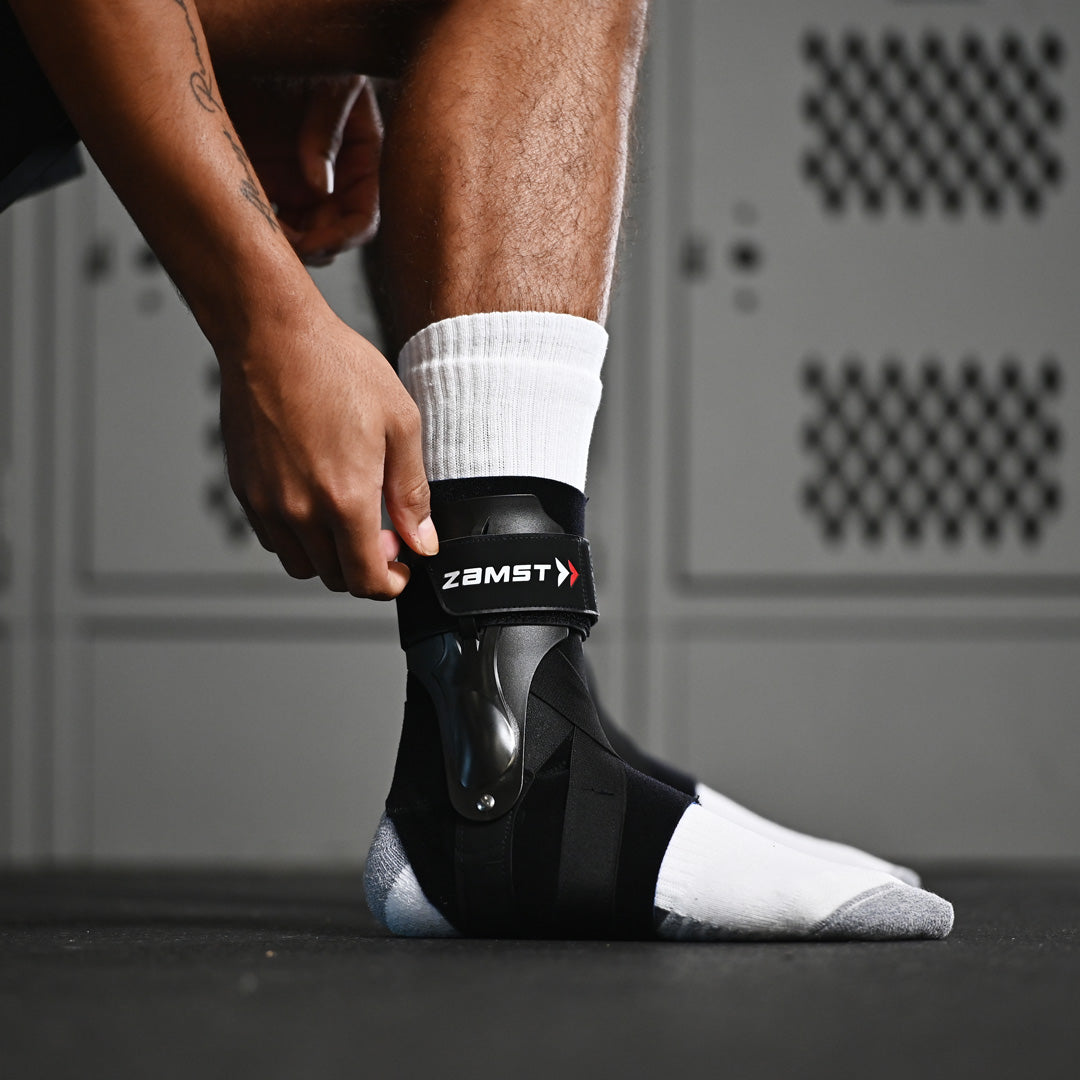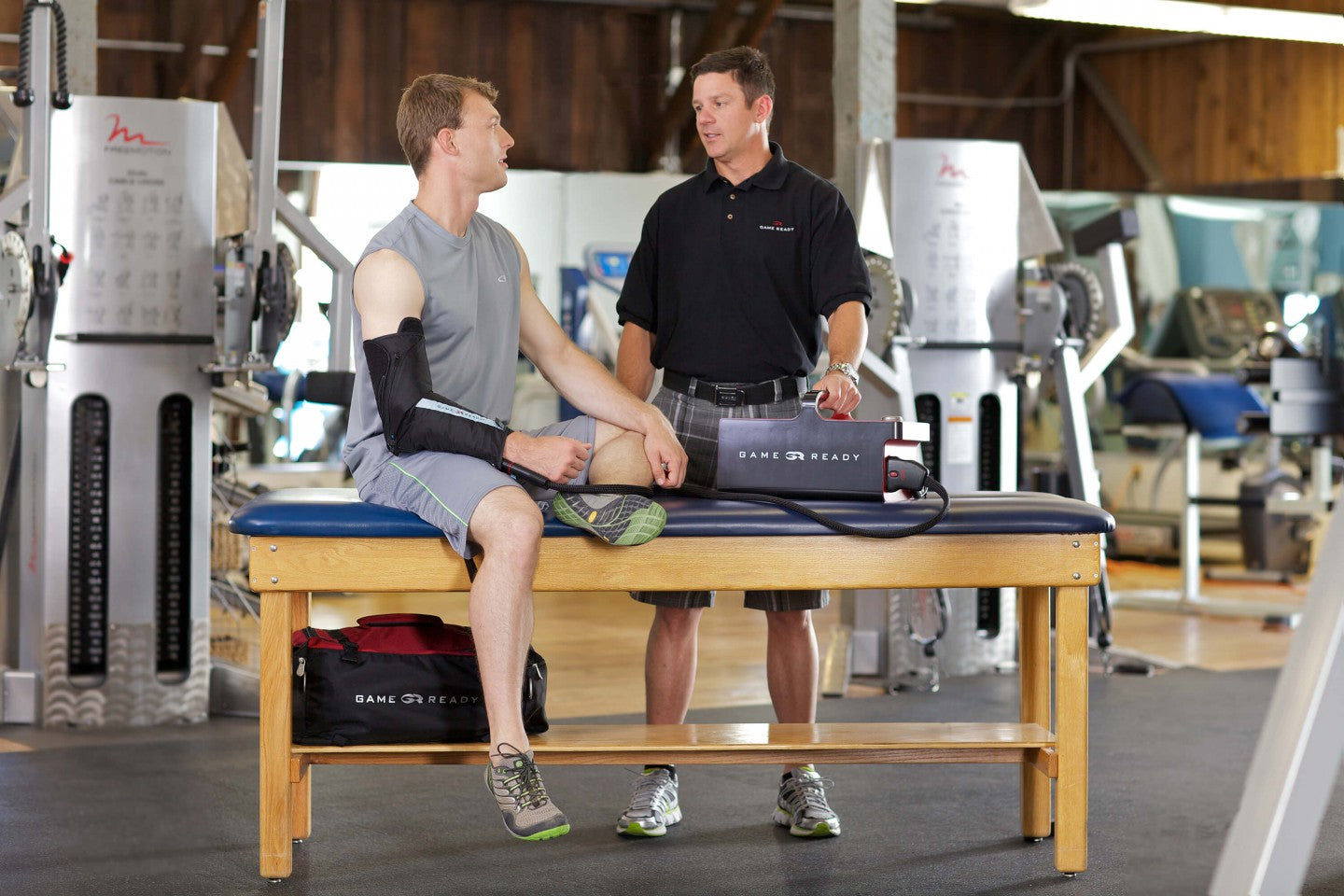The Role Of Nutrition In Speeding Up Recovery
Recovering from an injury or surgery can be challenging, filled with various physical and emotional hurdles. While rest and medical care play significant roles, nutrition is an often overlooked yet crucial component that can significantly influence the speed and quality of recovery.
This article delves into how proper nutrition can aid recovery, offering practical tips and insights to help you heal faster.
Understanding The Connection Between Nutrition And Recovery
Nutrition is fundamental to our overall health and well-being, providing the essential building blocks our bodies need to function optimally. When it comes to fast recovery, the role of nutrition becomes even more pronounced. Proper nutrition can enhance tissue repair, reduce inflammation, support immune function, and replenish energy stores. Let’s explore these aspects in more detail.
Tissue Repair and Growth
Our bodies rely on specific nutrients to repair and regenerate tissues. Proteins, for instance, are vital for synthesizing new cells and repairing damaged ones. Amino acids, the building blocks of proteins, play a key role in this process. Foods rich in protein, such as lean meats, fish, eggs, dairy products, legumes, and nuts, can support tissue repair and growth.
Reducing Inflammation
Inflammation is a natural response to injury, but chronic inflammation can hinder the healing process. Certain nutrients possess anti-inflammatory properties that can help manage and reduce inflammation. Omega-3 fatty acids are particularly effective in fatty fish, flaxseeds, and walnuts. Additionally, antioxidants such as vitamins C and E in fruits and vegetables can combat oxidative stress and further reduce inflammation.
Supporting Immune Function
A robust immune system is essential for fast recovery, as it helps prevent infections and promotes healing. Nutrients like vitamins A, C, D, and zinc are crucial for maintaining a healthy immune response. Including colorful fruits and vegetables, nuts, seeds, and whole grains can ensure you receive these essential vitamins and minerals.
Replenishing Energy Stores
Recovery often demands more energy than usual as the body works to heal itself. Carbohydrates are the primary energy source, and consuming adequate amounts of complex carbohydrates like whole grains, fruits, and vegetables can help replenish energy stores. Additionally, healthy fats from sources like avocados, nuts, and olive oil provide sustained energy and support overall health.
Key Nutrients For Recovery
Different nutrients play unique roles in the fast recovery process. Here are some key nutrients to focus on:
Protein
As mentioned earlier, protein is essential for tissue repair and growth. It also helps maintain muscle mass, which can be particularly important if you are immobilized for an extended period. Aim to include high-quality protein sources in each meal.
Vitamin C
Vitamin C is vital for collagen synthesis, a protein that helps maintain skin integrity, cartilage, and bones. It also acts as an antioxidant, protecting cells from damage. Citrus fruits, strawberries, bell peppers, and broccoli are excellent sources of vitamin C.
Zinc
Zinc supports immune function and is necessary for cell division and protein synthesis. It can be found in meat, shellfish, dairy products, legumes, and seeds.
Vitamin D
Vitamin D is crucial for bone health and immune function. It helps the body absorb calcium, promoting bone repair and strength. Sunlight is a natural source of vitamin D, but it can also be obtained from fortified foods and supplements.
Omega-3 Fatty Acids
Omega-3 fatty acids have powerful anti-inflammatory properties that can help reduce swelling and pain associated with injuries. Fatty fish, flaxseeds, and walnuts are excellent sources of omega-3s.
Iron
Iron is essential for transporting oxygen to tissues, which is critical for healing. Red meat, poultry, fish, lentils, and spinach are rich in iron.
Practical Tips For Incorporating Recovery-Boosting Foods
Incorporating the right foods into your diet doesn’t have to be complicated. Here are some practical tips to help you get started:
Plan Balanced Meals
Ensure each meal includes protein, carbohydrates, and healthy fats. For example, a meal could consist of grilled chicken (protein), quinoa (carbohydrate), and a side of steamed vegetables with olive oil (healthy fat).
Snack Smart
Opt for nutrient-dense snacks that support fast recovery. Some ideas include yogurt with berries, a handful of nuts, or carrot sticks with hummus.
Stay Hydrated
Water is essential for every bodily function, including fast recovery. Aim to drink at least eight glasses of water daily, and more if you are active or hot outside.
Avoid Processed Foods
Processed foods often contain unhealthy fats, added sugars, and empty calories that can impede fast recovery. Focus on whole, natural foods whenever possible.
Consider Supplements
While getting nutrients from food is best, supplements can help fill any gaps in your diet. Talk to your healthcare provider before starting new supplements to ensure they are safe and appropriate for your needs.
Creating A Recovery-Focused Meal Plan
A well-structured meal plan can make incorporating the necessary nutrients into your diet easier. Here’s a sample meal plan to get you started:
Breakfast
- Smoothie: Blend spinach, banana, Greek yogurt, chia seeds, and almond milk.
- Whole-grain toast: Top with avocado and a sprinkle of flaxseeds.
Mid-Morning Snack
- Fruit and nuts: An apple with a handful of almonds.
Lunch
- Grilled salmon: Served with quinoa and mixed vegetables (broccoli, bell peppers, carrots).
- Salad: Mixed greens with olive oil and lemon dressing.
Afternoon Snack
- Yogurt and berries: Greek yogurt topped with fresh berries and a drizzle of honey.
Dinner
- Chicken stir-fry: Made with chicken breast, bell peppers, snap peas, and brown rice.
- Side salad: Mixed greens with tomatoes, cucumbers, and a light vinaigrette.
Evening Snack
- Cottage cheese: With a sprinkle of cinnamon and a few walnut halves.
The Role Of Hydration In Recovery
While often overlooked, hydration is a critical component of the recovery process. Proper hydration ensures that nutrients are efficiently transported to cells, helps maintain body temperature, and supports joint and muscle function. Dehydration can lead to fatigue, muscle cramps, and prolonged recovery times.
Tips for Staying Hydrated
- Drink Water Regularly: Carry a water bottle with you and take sips throughout the day.
- Include Hydrating Foods: Cucumbers, watermelon, and oranges have high water content and can contribute to your hydration needs.
- Monitor Your Urine: A pale yellow color indicates proper hydration, while darker urine suggests you need more fluids.
Special Considerations For Different Types Of Recovery
Different types of recovery may have specific nutritional needs. Here’s a look at some common scenarios:
Post-Surgery Recovery
Post-surgery recovery often requires increased protein and calories to support healing and energy needs. Including nutrient-dense foods and possibly higher-calorie options like nuts, seeds, and avocados can be beneficial.
Muscle and Joint Injuries
Anti-inflammatory foods and adequate protein are crucial for muscle and joint injuries. Omega-3-rich foods, lean proteins, and a variety of fruits and vegetables can support fast recovery.
Bone Fractures
Bone fractures require nutrients that support bone health, such as calcium, vitamin D, and magnesium. Dairy products, leafy greens, and fortified foods can help meet these needs.
Frequently Asked Questions (FAQ)
1. Can certain foods delay my recovery?
Yes, certain foods can potentially delay recovery. Processed foods, high-sugar items, and those rich in unhealthy fats can increase inflammation and impede healing. To support recovery, it's best to focus on whole, nutrient-dense foods.
2. How important are electrolytes in the recovery process?
Electrolytes like sodium, potassium, and magnesium are crucial for maintaining fluid balance, nerve function, and muscle contractions. They are especially important if you are sweating heavily or experiencing fluid loss due to an illness or surgery.
3. Should I avoid caffeine during recovery?
Moderate caffeine consumption is generally safe, but excessive caffeine can lead to dehydration and may interfere with sleep, both of which can negatively impact recovery. It's best to limit caffeine intake and ensure you are staying well-hydrated.
4. Are there specific foods that can help reduce post-surgery swelling?
Yes, foods rich in omega-3 fatty acids, such as salmon, chia seeds, and walnuts, have anti-inflammatory properties that can help reduce swelling. Additionally, incorporating antioxidant-rich foods like berries, leafy greens, and green tea can also help reduce inflammation.
5. Can I rely solely on supplements for my nutritional needs during recovery?
While supplements can help fill nutritional gaps, it's important to prioritize getting nutrients from whole foods. Whole foods provide a range of vitamins, minerals, and other beneficial compounds that work together to support optimal health and recovery.
6. How does sleep affect my nutritional needs during recovery?
Adequate sleep is essential for recovery, allowing your body to repair and regenerate tissues. Poor sleep can increase your body's nutritional needs, particularly for nutrients that support the immune system and reduce inflammation, such as vitamin C, vitamin D, and omega-3 fatty acids.
7. Is it beneficial to eat more frequently during recovery?
Eating smaller, more frequent meals can help maintain energy levels and ensure a steady supply of nutrients to support healing. This can be particularly helpful if you have a reduced appetite or difficulty consuming large meals.
8. How can I manage my appetite if it's reduced due to pain or medication?
If your appetite is reduced, focus on nutrient-dense foods that provide maximum nutrition in smaller portions. Smoothies, soups, and high-protein snacks like Greek yogurt or nut butter can be easier to consume and offer essential nutrients.
9. Are there specific beverages that can aid in recovery?
In addition to water, beverages like herbal teas, bone broth, and smoothies can provide hydration and additional nutrients that support recovery. Avoid sugary drinks and excessive alcohol, as they can hinder the healing process.
10. How long should I follow a recovery-focused diet?
The duration of a recovery-focused diet depends on the nature and severity of your injury or surgery. Maintaining a nutrient-rich diet is generally beneficial until you have fully recovered. Consulting with a healthcare provider or a nutritionist can help tailor the diet to your specific recovery timeline.
The Impact Of Nutrition On Recovery
Proper nutrition is a powerful tool for fast recovery and enhancing overall well-being. Focusing on a balanced diet rich in proteins, vitamins, minerals, and anti-inflammatory foods can support your body's natural healing processes. Remember to stay hydrated, plan your meals thoughtfully, and consider your specific recovery needs.
For more information and resources on optimizing your recovery, visit Heal Faster. Their products and expert advice can help you achieve better health and fast recovery.






